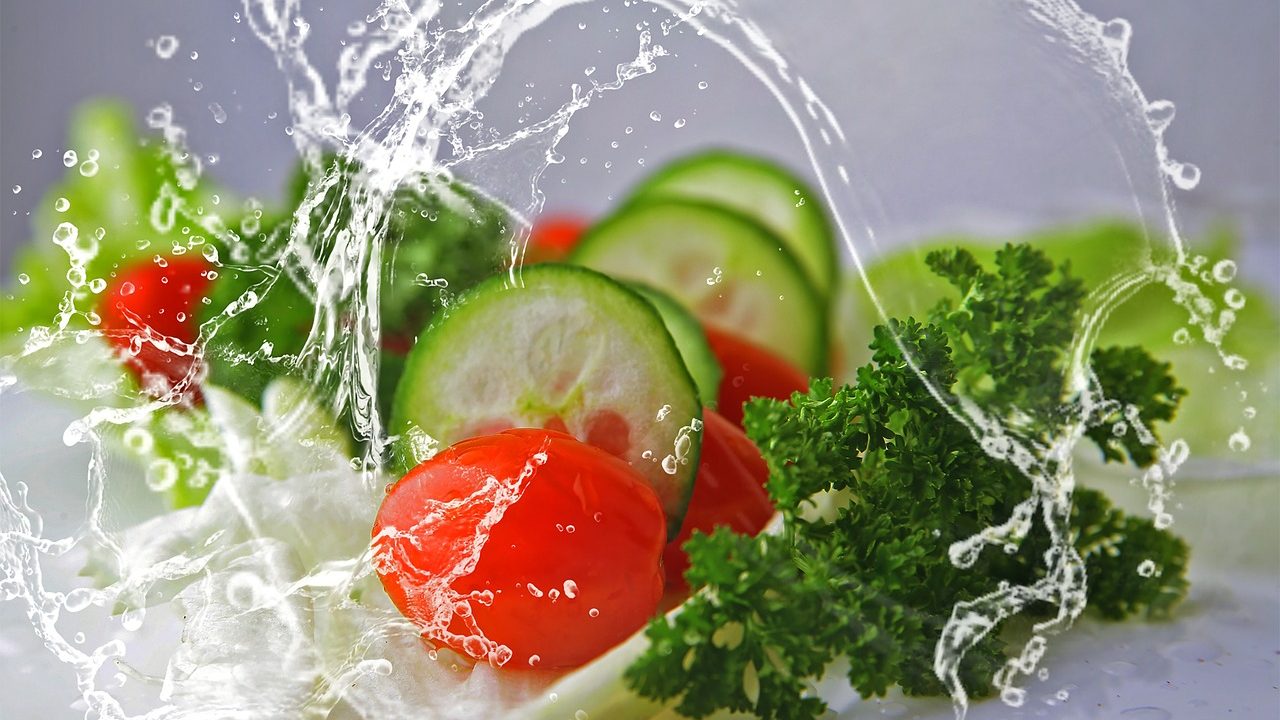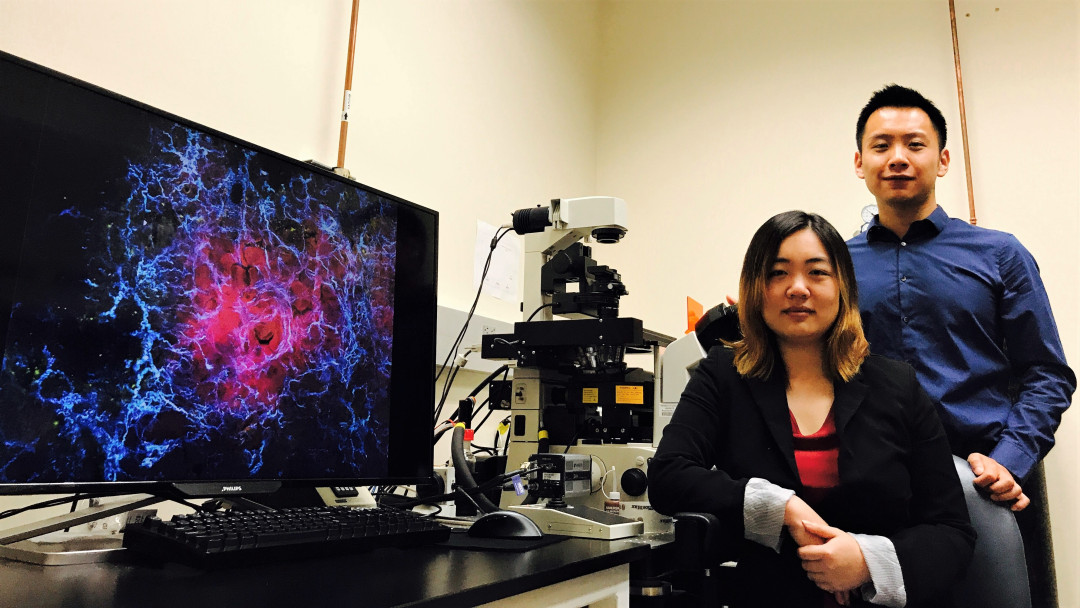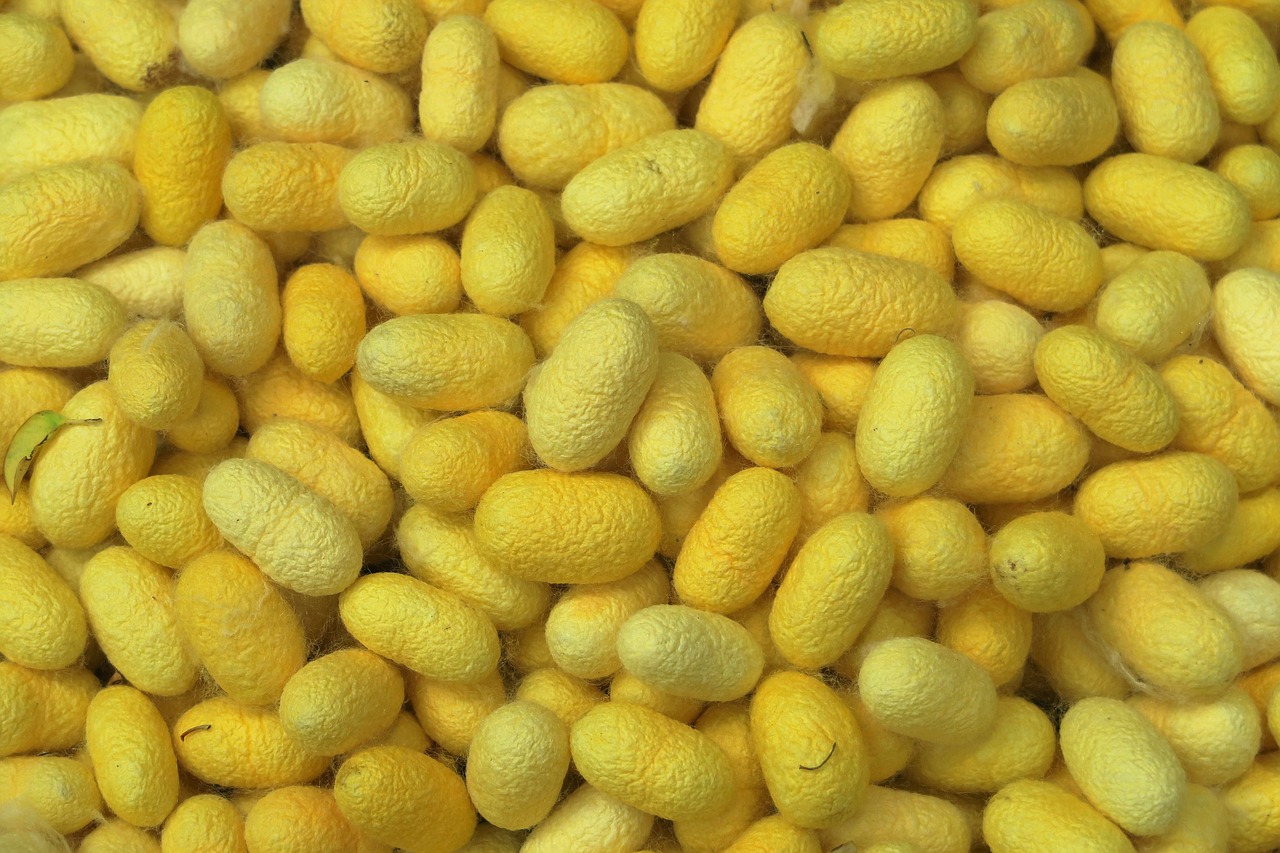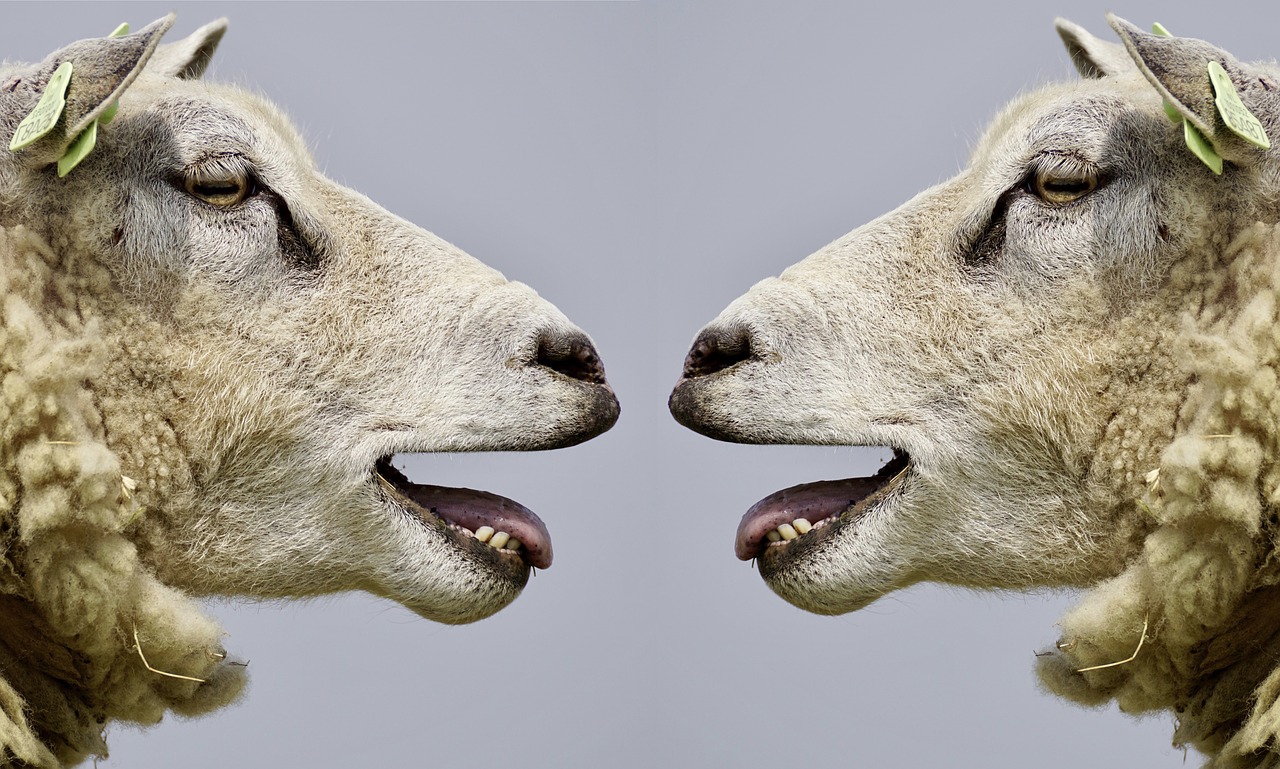
Research Stash Weekly Review #47
- Weekly Review
- 1.1K
Weekly Review #47 – Summary of the latest news In science and technology research across the world, carefully handpicked by team Research Stash
Patterns in DNA reveal hundreds of unknown protein pairings
Sequencing a genome is getting cheaper, but making sense of the resulting data remains hard. Researchers have now found a new way to extract useful information out of sequenced DNA. Read More
New research could help doctors choose drugs for patients based on their microbes
To prescribe the best medicine, it might help if a doctor knows which bacteria live in a patient’s gut. That’s the finding of a new study. Read More
Supercomputer shows ‘Chameleon Theory’ could change how we think about gravity
Supercomputer simulations of galaxies have shown that Einstein’s theory of General Relativity might not be the only way to explain how gravity works or how galaxies form. Read More
A hidden layer of gene control influences everything from cancer to memory
The idea that chemical tags on genes can affect their expression without altering the DNA sequence, once surprising, is the stuff of textbooks. Read More
Experiments show a dramatic increase in solar cell output
In any conventional silicon-based solar cell, there is an absolute limit on overall efficiency, based partly on the fact that each photon of light can only knock loose a single electron, even if that photon carried twice the energy needed to do so. Read More
Human study homes in on a specific gut bacteria to provide cardiometabolic benefits
In a first-of-its-kind human trial, a team of researchers administered a specific strain of gut bacteria to overweight and obese volunteers to evaluate its benefits for cardiometabolic health Read More
Physicists use light waves to accelerate supercurrents, enable ultrafast quantum computing
Jigang Wang patiently explained his latest discovery in quantum control that could lead to superfast computing based on quantum mechanics: He mentioned light-induced superconductivity without energy gap. Read More
Scientists Took an M.R.I. Scan of an Atom
As our devices get smaller and more sophisticated, so do the materials we use to make them. That means we have to get up close to engineer new materials. Really close. Read More
Astronomers Have Analysed Claims ‘Oumuamua’s an Alien Ship, And It’s Not Looking Good
Interstellar object ‘Oumuamua – that strange, cigar-shaped chunk of rock from somewhere a vast distance beyond the Solar System – is, new research has concluded, absolutely, positively not an alien spaceship. Read More
Scientists are using gene editing to create the perfect tomato for your salad
The fruits and vegetables we eat today are all genetically modified insofar as they are the result of thousands of years of selective breeding by farmers. Read More
If you liked this article, then please subscribe to our YouTube Channel for the latest Science & Tech news. You can also find us on Twitter & Facebook.


